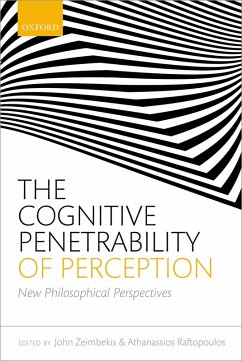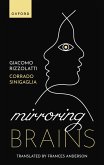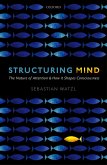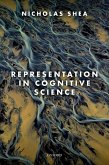According to the cognitive penetrability hypothesis, our beliefs, desires, and possibly our emotions literally affect how we see the world. This book elucidates the nature of the cognitive penetrability and impenetrability hypotheses, assesses their plausibility, and explores their philosophical consequences. It connects the topic's multiple strands (the psychological findings, computationalist background, epistemological consequences of cognitive architecture, and recent philosophical developments) at a time when the outcome of many philosophical debates depends on knowing whether and how cognitive states can influence perception. All sixteen chapters were written especially for the book. The first chapters provide methodological and conceptual clarification of the topic and give an account of the relations between penetrability, encapsulation, modularity, and cross-modal interactions in perception. Assessments of psychological and neuroscientific evidence for cognitive penetration are given by several chapters. Most of the contributions analyse the impact of cognitive penetrability and impenetrability on specific philosophical topics: high-level perceptual contents, the epistemological consequences of penetration, nonconceptual content, the phenomenology of late perception, metacognitive feelings, and action. The book includes a comprehensive introduction which explains the history of the debate, its key technical concepts (informational encapsulation, early and late vision, the perception-cognition distinction, hard-wired perceptual processing, perceptual learning, theory-ladenness), and the debate's relevance to current topics in the philosophy of mind and perception, epistemology, and philosophy of psychology.
Dieser Download kann aus rechtlichen Gründen nur mit Rechnungsadresse in A, B, BG, CY, CZ, D, DK, EW, E, FIN, F, GR, HR, H, IRL, I, LT, L, LR, M, NL, PL, P, R, S, SLO, SK ausgeliefert werden.









